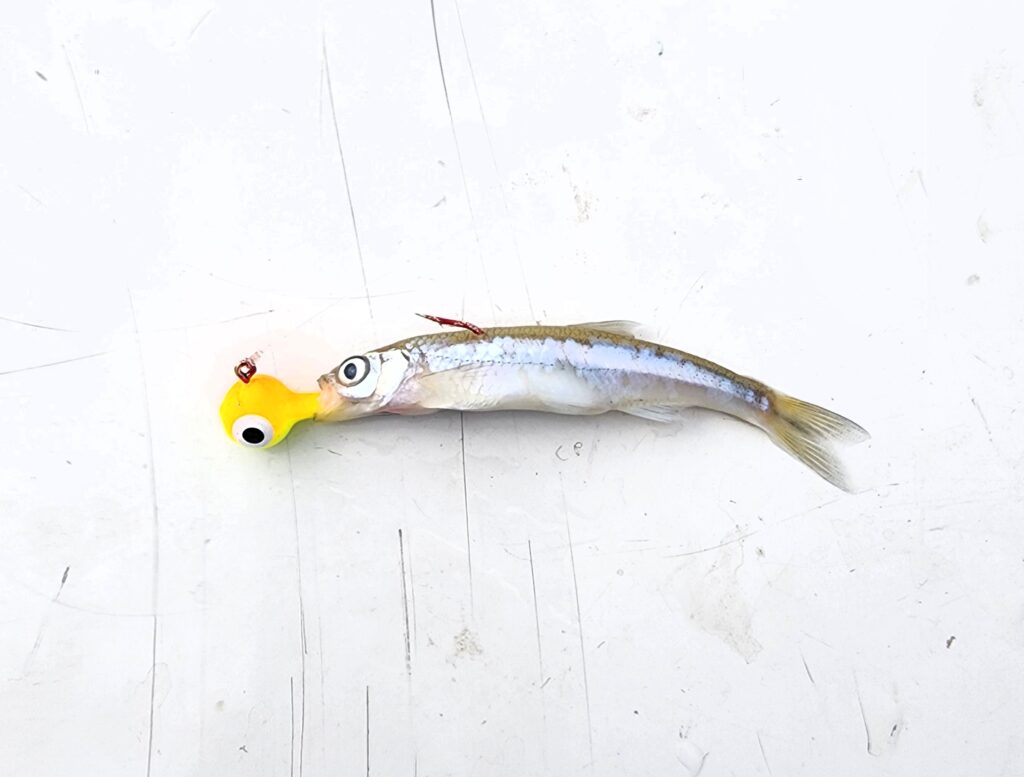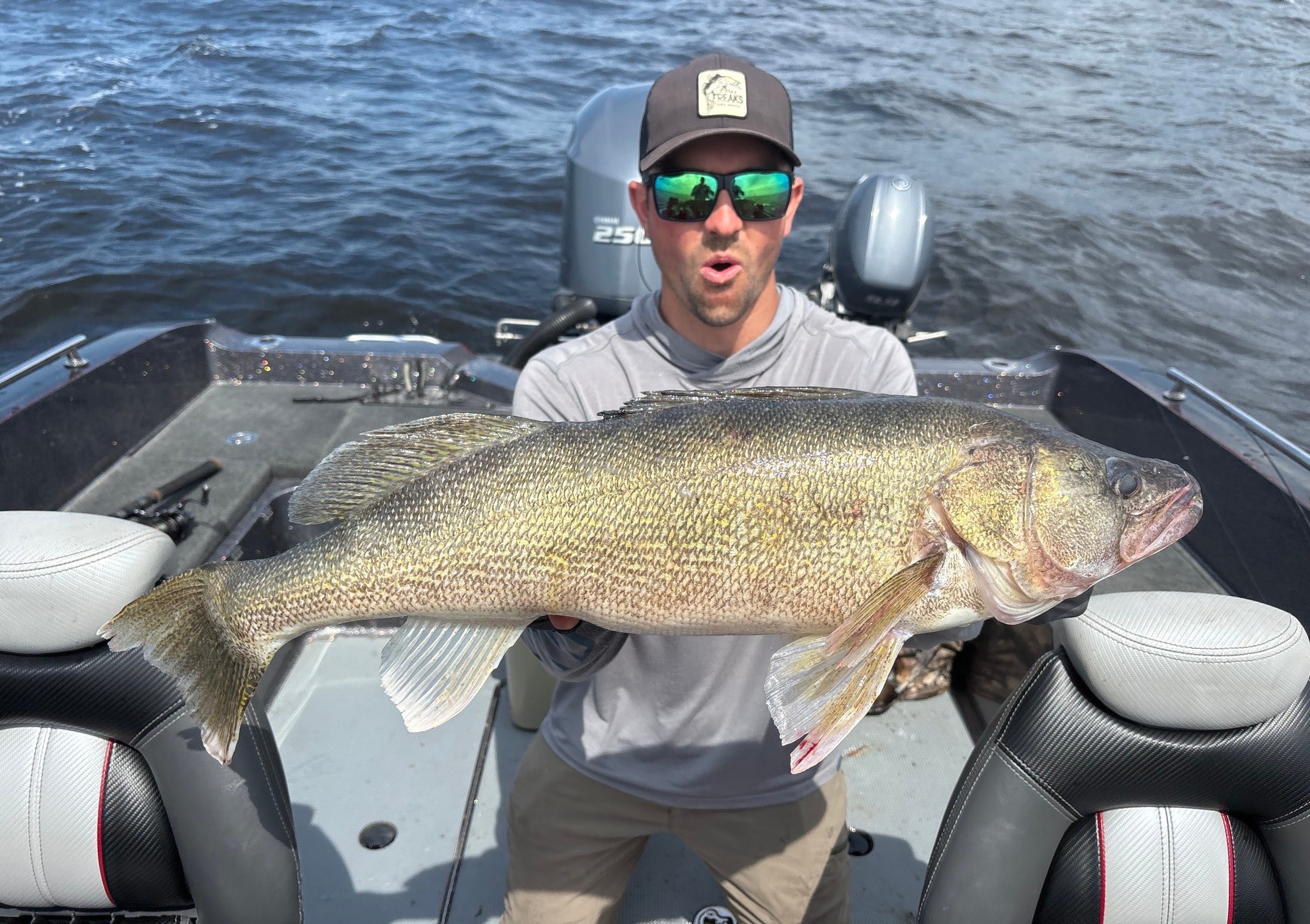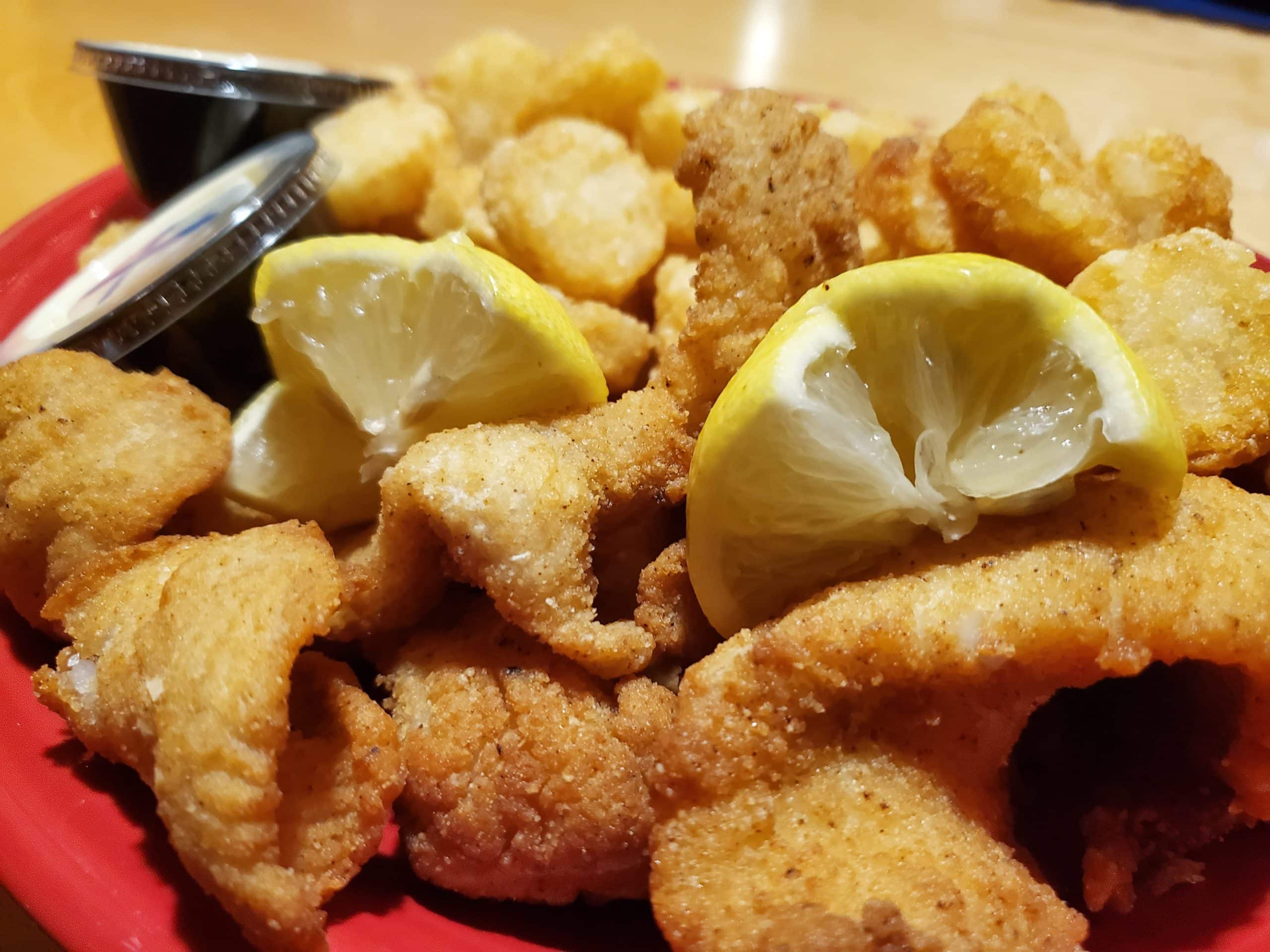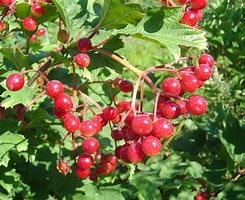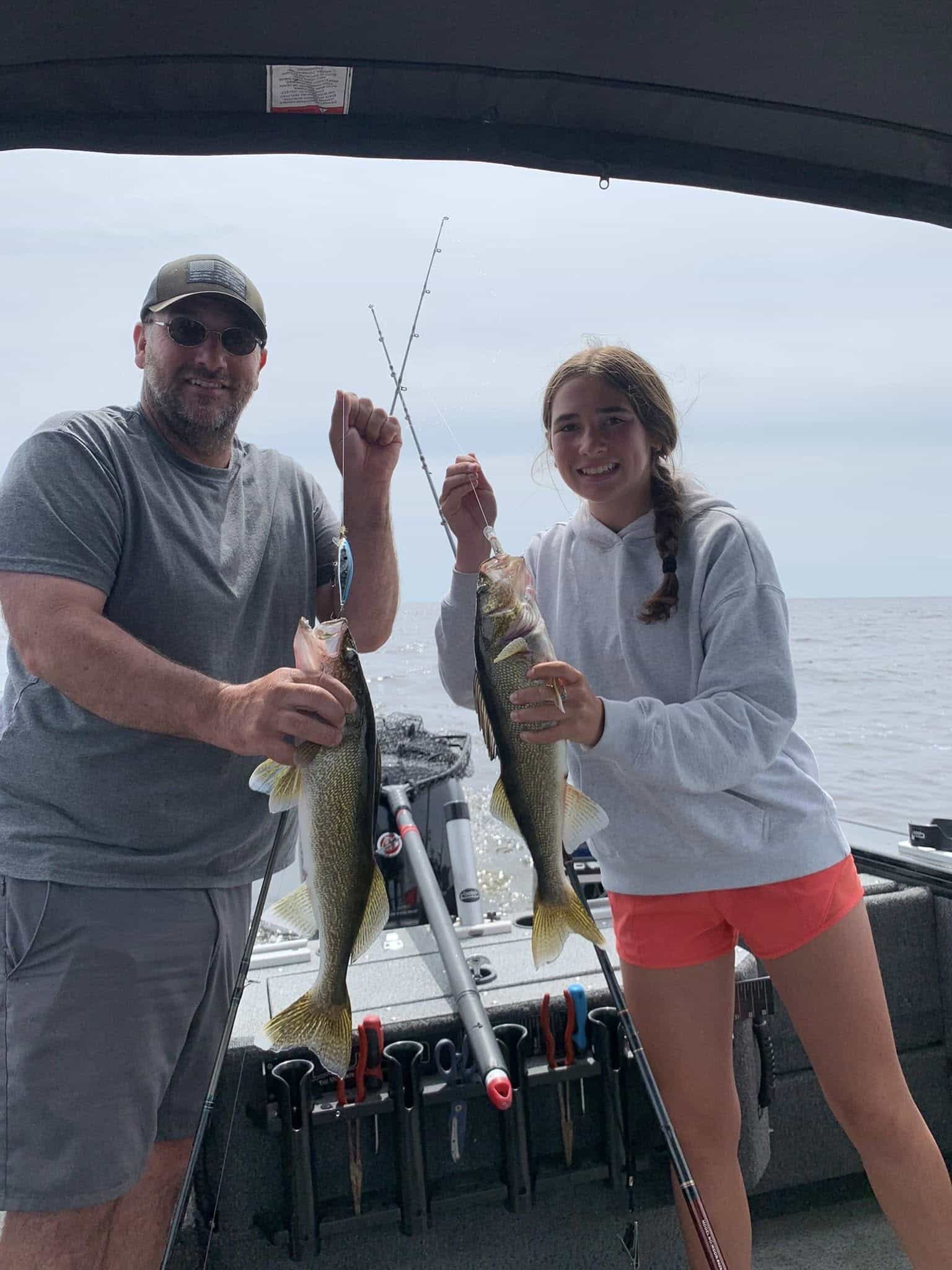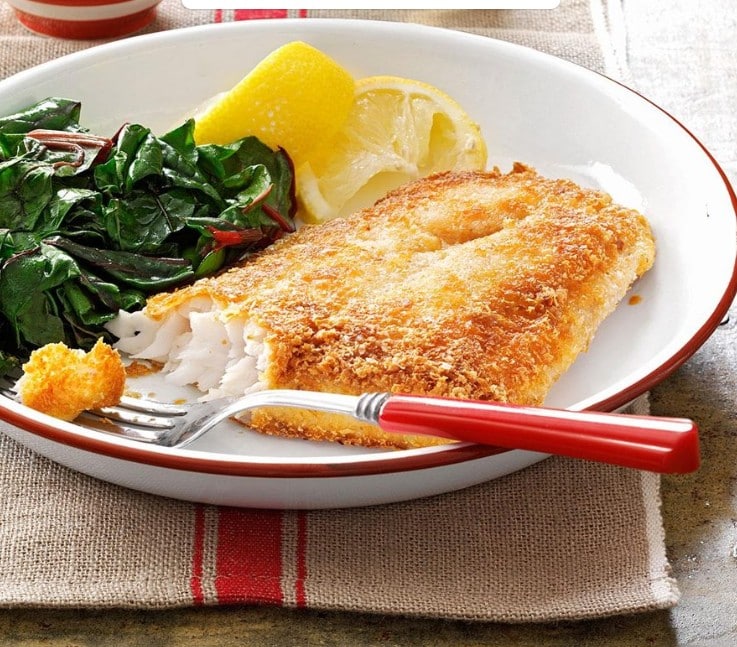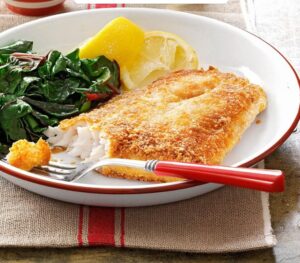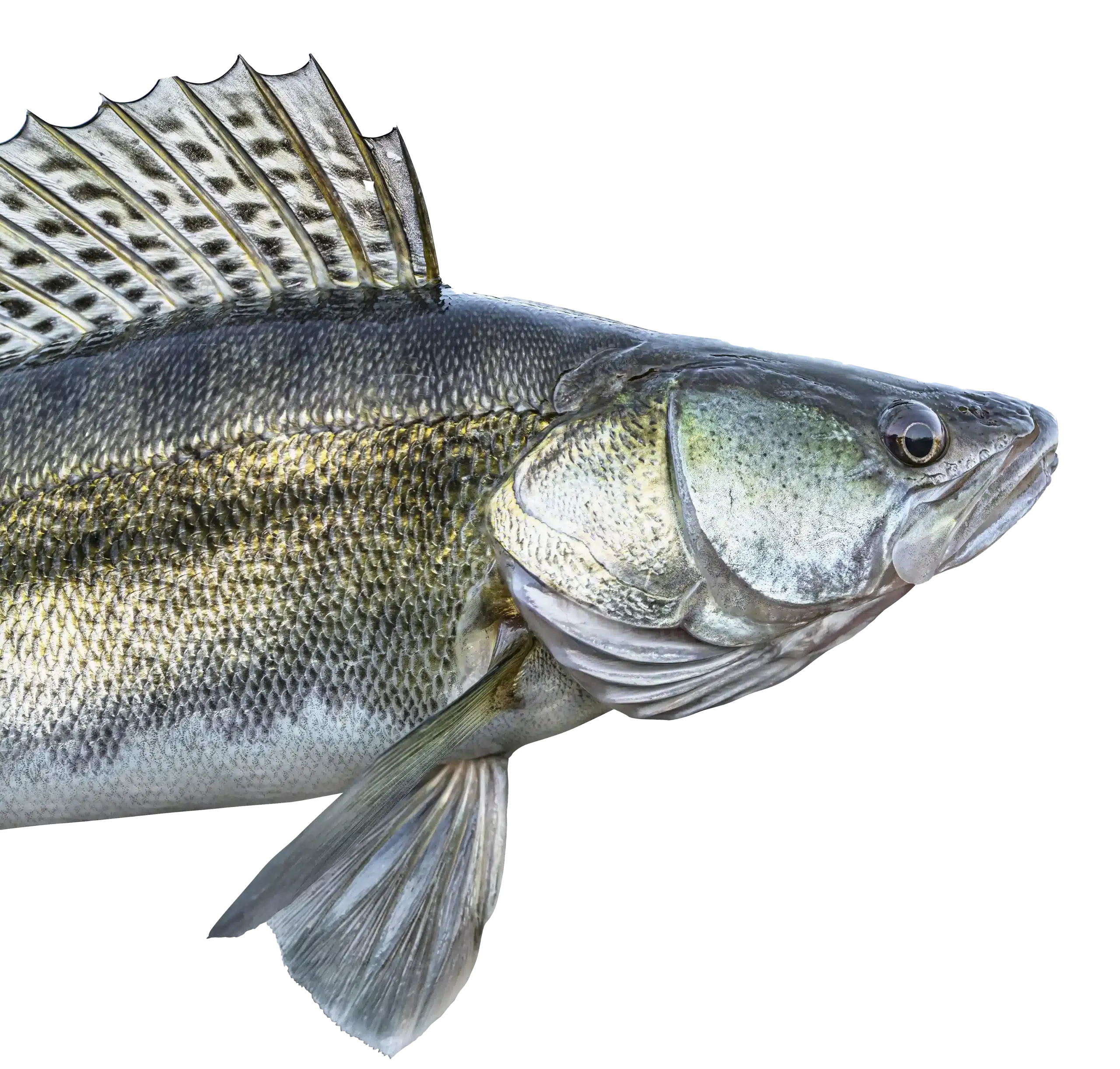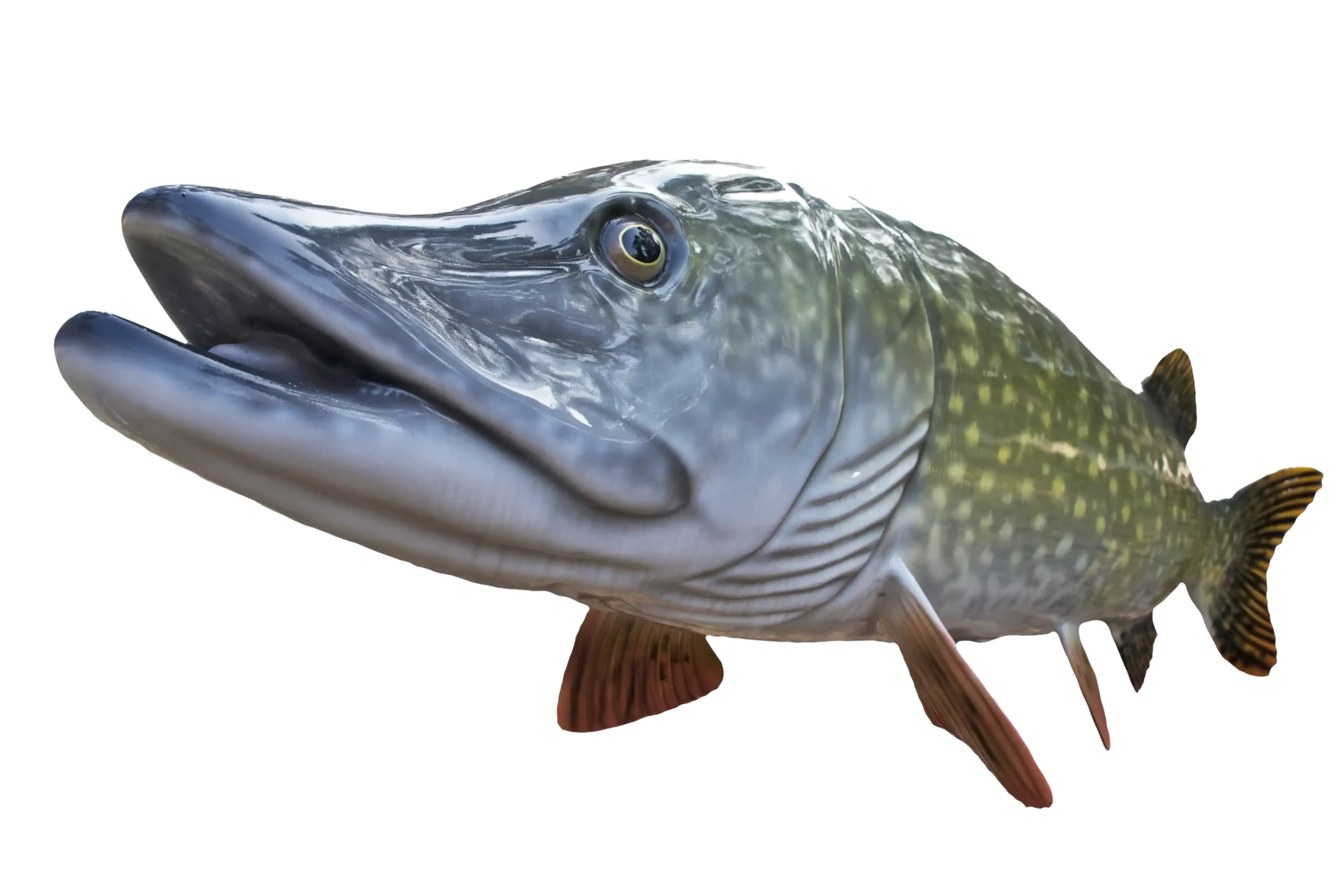The Best Oil to Fry Fish
Whether it’s cod, catfish or walleye, we’ll point you to the best oil to fry any kind of fish.
There’s nothing like a beautifully fried piece of fish. It can be halibut or cod, catfish or walleye, beer-battered or bread crumb-crusted, all with a golden brown on the outside, and tender and flaky on the inside. It’s easy to deep fry at home, but there are a few rules to follow to ensure your fried fish comes out perfect.
You first want to make sure you’re picking the best fish for frying. Then decide if you want to deep-fry the fish or simply saute the fish in a pan, both of which require different cooking oils.
For deep-frying, whether in a deep-fryer or a cast-iron pan or high-sided pot, choosing the best oil to fry fish is essential to getting that delicious crispy crunch end result. And that comes down to two things: The oil’s smoke point, and if it will impart any flavor to your fish. We’ll break it all down for you here.
How to Choose the Best Oil For Frying Fish
If you want a crisp and light tasting piece of fish, it’s imperative to choose the best oil for frying. To properly fry something, you need to keep the oil temperature between 350°F and 375°. Some oils perform well at these higher temperatures, and others just can’t take the heat. Some oils don’t like any heat at all and lose their flavor completely when hot. So how do you choose?
Smoke Point
When picking the best oil to fry fish, start with the smoke point. If the oil doesn’t have a high enough smoke point—the temperature at which oil begins to burn and smoke—it could render the fish soggy and greasy. When you cook oil past its smoke point, it can taste burnt and acrid, imparting those flavors on whatever it is you’re frying. None of this is good for a proper fish fry.
All fats have a smoke point, be it butter, olive oil or canola oil. When you cook with high heat, you want an oil with a high smoke point. Cooking something over low heat, like when you saute something in a pan, you want an oil with a lower smoke point. Here are some popular oils for frying and their smoke points.
Avocado oil: Smoke point 520°
Safflower oil: Smoke point 510°
Peanut oil: Smoke point 450°
Clarified butter (ghee): Smoke point 450°
Vegetable oil: Smoke point 400° to 450°
Canola oil: Smoke point 400°
Coconut oil: Smoke point 350°
Olive oil: Smoke point 325° to 375°
Flavor
When frying fish, you don’t want to mask the delicate flavor of whatever type of fish you’re using. You want your fish to taste great with classic tartar sauce and sides for fried fish! So it’s best to use a neutral oil, like canola, vegetable and safflower oil to fry fish.
Best Oil for Frying Fish
So which oil should you go with to fry fish? Primarily, you need a neutral oil with a high smoke point. These are our preferred oils.
Canola Oil
Canola is kind of the jack-of-all-trades oil and perfect for searing, frying, browning or roasting. Canola is a varietal of the rapeseed plant that was developed in the 1960s using natural crossbreeding. It’s a great go-to for frying fish since it is a very light oil, has a good smoke point and is not too expensive.
Vegetable Oil
With a smoke point between 400º and 450º, vegetable oil is the best bet for deep-frying. A neutral oil made from various ingredients (including soybeans, sunflower seeds, corn, canola, sesame and more), it imparts little to no flavor and helps achieve crispy, crunchy textures.
Safflower Oil
With its high smoke point and neutral flavor, refined safflower oil is ideal for frying fish. It’s important not to use unrefined or semi-refined safflower oil, however. Those have lower smoke points (225º and 320º, respectively), which aren’t good for frying. Save those for marinades or salad dressings.
Peanut Oil
While used more for frying chicken and french fries, peanut oil’s high smoke point makes it a great contender for frying fish. It could add a slightly nutty flavor to the finished product, however.
Sunflower Oil
High oleic sunflower oil has a high smoke point, and it’s mostly neutral in flavor. It can have a slight nuttiness, which could affect the flavor of whatever you fry. If that doesn’t bother you, it’s great for frying fish.



